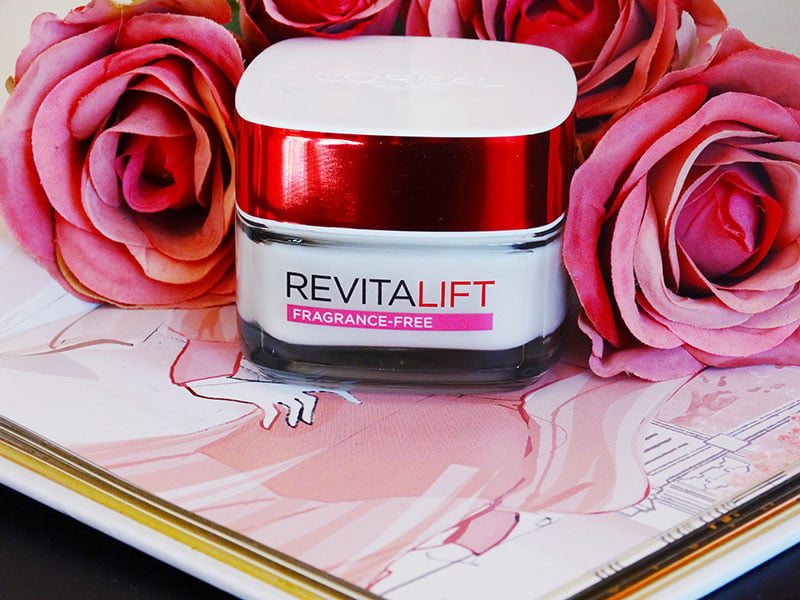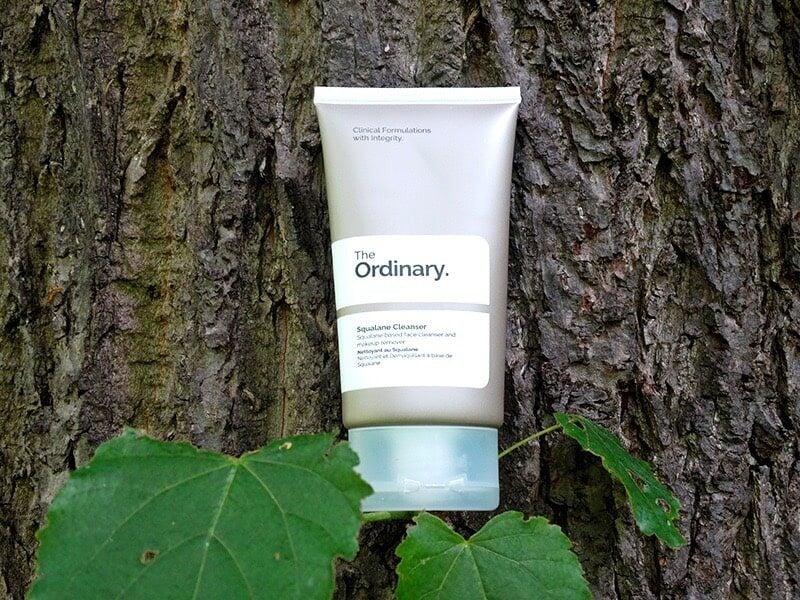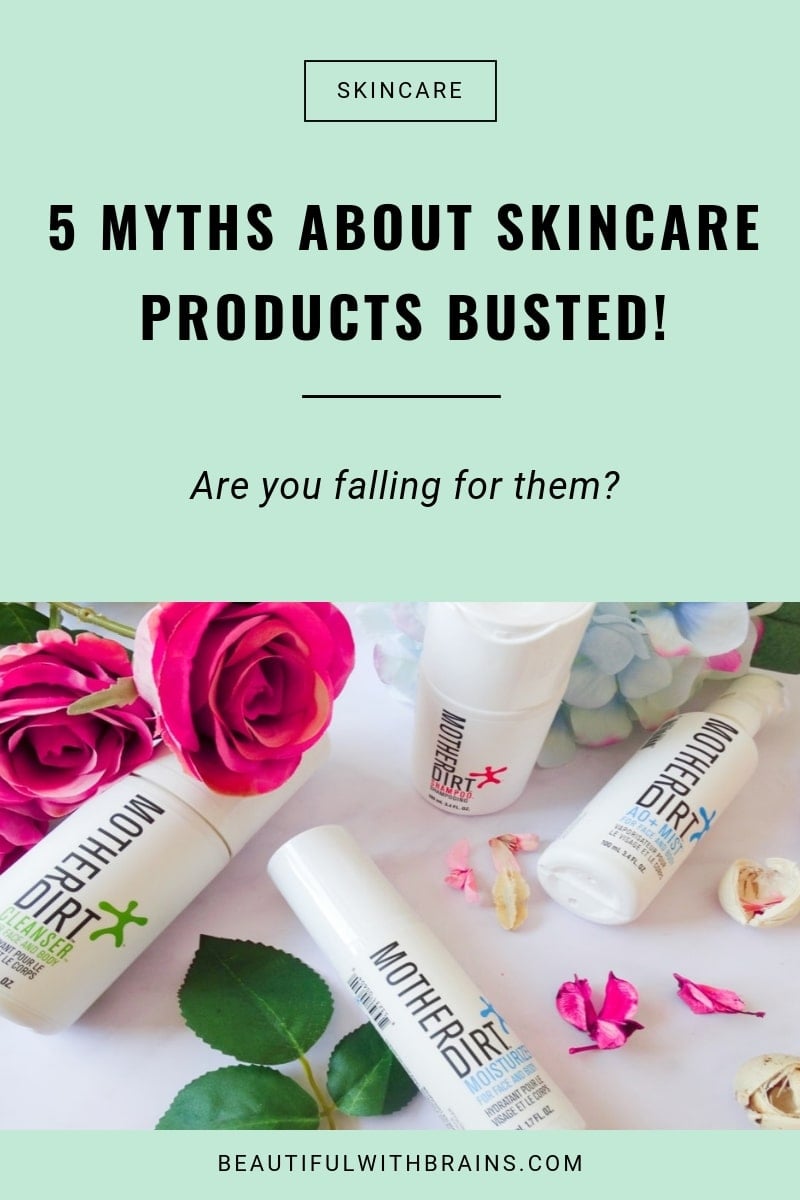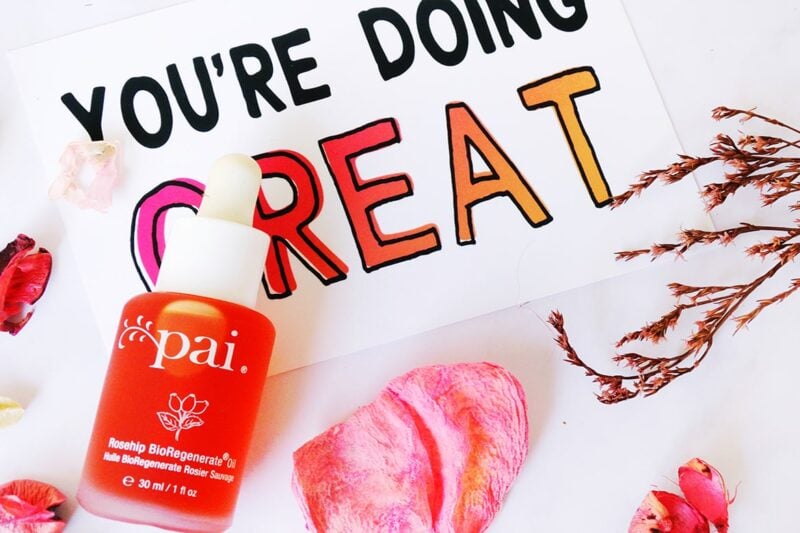Skincare shopping is hard enough without being bombarded with all these crazy myths about skincare products.
You know what I’m talking about. The insane marketing mumbo jumbo. Labels that make no sense. Conflicting reviews online. What the heck can you believe?
Like, are natural products really better than synthetic ones? And should you really spend more if you want something that REALLY works? And are you harming your skin if you don’t use hypoallergenic products?
Let’s set the record straight on these, and other common myths about skincare products, shall we?
- Skincare Products Myth #1: Hypoallergenic Products Are Safer And Better For Sensitive Skin
- Skincare Products Myths #2: “Dermatologically Tested” Products Are Safer And More Reliable
- Skincare Products Myth #3: You Should Use Skincare Products Targeted To Your Age Group
- Skincare Products Myth #4: Natural Ingredients Are Better And Safer Than Synthetic Ones
- Skincare Products Myth #5: Expensive Skincare Products Work Better Than Inexpensive Ones
Skincare Products Myth #1: Hypoallergenic Products Are Safer And Better For Sensitive Skin
Myth goes that hypoallergenic products are gentler and less likely to cause irritations. Truth is, hypoallergenic means nothing. The term is not regulated in any way, meaning brands can put absolutely anything, including common allergens, in a product, and still label it hypoallergenic. Isn’t that a joke? Don’t believe the label. Always check the ingredient list to find out if there’s something in a product that makes you breakout, gives you a rash or something.
Related: What Does Hypoallergenic Really Mean?
Struggling to put together a skincare routine that minimises wrinkles, prevents premature aging, and gives your complexion a youthful glow? Download your FREE “Best Anti-Aging Skincare Routine” to get started (it features product recommendations + right application order):
Skincare Products Myths #2: “Dermatologically Tested” Products Are Safer And More Reliable
This is another marketing tool. In a nutshell, “dermatologically tested” simply means the product has been tested on skin. Nothing more. We don’t know on whose skin. We don’t know how many people took part in the study. We don’t know how these tests were performed. Heck, we don’t even know what the results were! Maybe some of those folks had a bad reaction to the products. If so, You can be sure no one will tell you!
Related: Top 7 Misleading Skincare Claims

Skincare Products Myth #3: You Should Use Skincare Products Targeted To Your Age Group
It’s not about what age you are. It’s about what your skin needs. If you’re a teen, should you use an anti-acne moisturizer for teens even though you don’t have acne? Of course not! And lots of moisturizers for 50+ women are very rich because skin tends to become drier after menopause. But, what if yours turns oilier instead? They’d just make things worse. Listen to your skin, not to marketing nonsense.
Related: 5 Anti-Aging Superstars You Need To Add To Your Skincare Routine
Skincare Products Myth #4: Natural Ingredients Are Better And Safer Than Synthetic Ones
Contrary to popular opinion, just because something is natural, doesn’t mean it’s safe. I bet even those folks obsessed with organic skincare wouldn’t slather poison ivy all over their faces!
And, just because something is made in lab, it doesn’t mean it’s bad. On the contrary, it’s usually safer. Plants are made up of tens of thousands of compounds, and are often contaminated by pollen, resins, and other natural allergens. Synthetic ingredients are created in a sterile environment using only 3 or 4 compounds. Which ones do you think are more likely to cause a bad reaction?
Even so, it’s not about natural vs synthetic. Simply put, there are natural ingredients that work and natural ingredients that don’t. Just like there are synthetic ingredients that work and synthetic ingredients that don’t work.
It’s all about finding products with ingredients that work for you and help treat whatever skincare issue you have. Whether they’re naturally derived or made in a lab is irrelevant.
Related: Greenwashing In Skincare: What It Is And How To Spot It

Skincare Products Myth #5: Expensive Skincare Products Work Better Than Inexpensive Ones
You’ll be relieved to know this is utter nonsense too. Yes, there are some expensive products that work amazingly well and are worth the splurge (you can check out my fave here, if you’re curious). But most are just basic formulas that don’t do much – and are often laden with irritants to boot! The same is true for drugstore products. Lots of crappy stuff, but also a few gems. It’s all about the formula, not the brand or price.
PRO TIP: high-end and drugstore brands are often owned by the same company, it’s not unusual to find the same formula, with just some minor tweaks (like a different scent), at different price points.
Related: 5 Outrageously Skincare Products That Are Really Worth The Splurge
Learn to read the labels, and you’ll never waste your money again.



Thanks so much for sharing this. I always thought Hypoallergenic products WERE safer. Hmmm…
Bittany, you’re welcome. I used to believe so too and was really disappointed when I discovered it was only a marketing tool… it’s very misleading..
Amen, sister!
Jamilla, 🙂
Great post. It’s a shame that some health-related words are used to mislead people 🙁
La Bisbetica, it is indeed. Such things shouldn’t be allowed. 🙁
Love your informative posts! I always learn so much from your blog Gio 😀
I especially agree about the age one, I have teen skin but it’s very dry, and I feel that so many teen skincare brands are all about treating oily skin.
Makeup Morsels, aww I’m so glad you enjoy them and find them useful. 🙂
That’s so true. Products for teens seem to target only oily skin, like those for mature women only dry skin, which is so unfair cos everyone, regardless of their age, has a different skin type and different concerns.
Excellent post.
Alejandra, thanks. I’m glad you liked it.
I was already aware of most of these myths through my own research, but I am glad to see you post them as reinforcement for those who may not be as aware and also because it pulls me up short if I personally start to be tempted by the hype and pretty packaging. Thumbs up, Gio!
Sherry, thanks. And I’m glad you were already aware of them. It’s really important to do our own research so we don’t end-up buying hyped-up products that don’t do much. 🙂
refreshing to see some common sense views here: “4. Natural ingredients are not necessarily better.. ” Any efforts at debunking all the hype and pseudo-science around personal care products and effectivity is to be welcomed, so the consumers can make more informed decisions.
Sprool, thanks and I completely agree with you. It really irritates me when people say that natural ingredients are better and safer than synthetic ones as there is just no proof to confirm that.
This is a great post! 1 especially annoys me, much the same was as when products are branded as being suited for sensitive skin. Products targeted towards “sensitive skin” can and often do contain ingredients such as sodium laureth sulfate or alcohol. In fact I immediatly become suspicious of products for sensitive skin…and I tend to ignore thing such as “hypo allergenic” or “dermotologist tested”. It’s all just marketing in the end :/
C, I agree. It’s appalling what brands can get away with, isn’t it? These terms should be strictly regulated instead companies can use them even when they contain known irritants. That just shouldn’t be allowed.
sometimes the inexpensive ones are much better and safer.Of course ..there are exceptions but still.I tried a £60 eye cream that was so bad .Now i am on a £10 eye cream thats amazing.
Roxana, I agree, expensive products are often hyped up. And you can find some great, well-formulated products in drugstores too, so there’s no need to spend a lot of money for beauty.
When I first found out hypoallergenic wasn’t even an official term, I was blown away! Even dermatologically tested… I couldn’t believe all these deceptive claims exist.
Janessa, it’s appalling what companies can get away with, isn’t it? These terms should be even regulated or not used at all.
This is still brilliant and still relevant! I am reposting it on my blog (in the beauty section)on Jan 10th, with links back to you.
Grazie Gio!
Corinna, glad you enjoyed it, and thank you for sharing it. I really appreciate it!